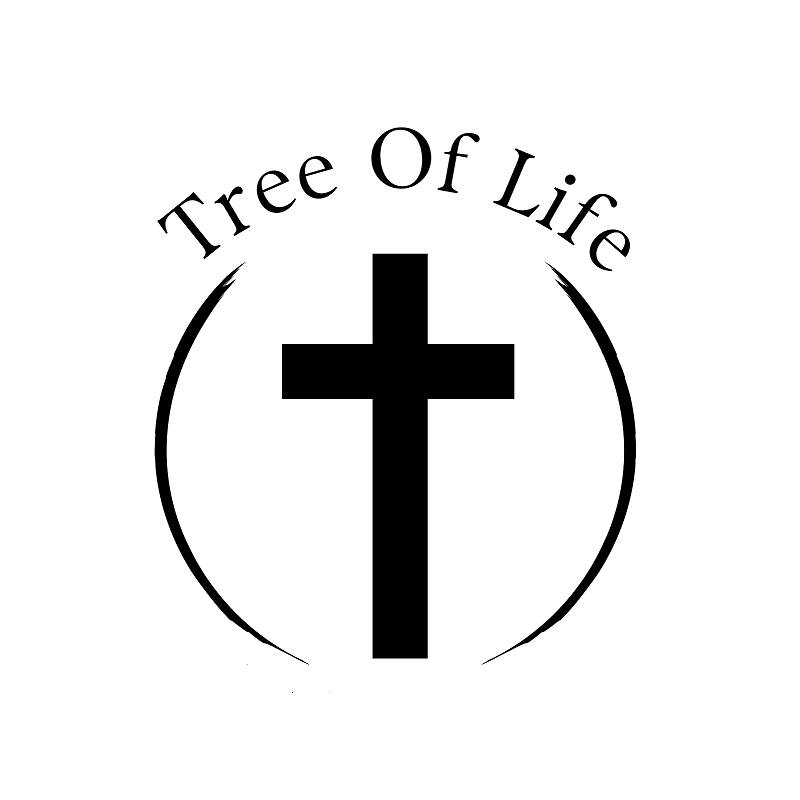A high-quality education is a fundamental human right; it’s also the foundation on which economic development in any nation is laid. Education additionally paves the way to preventing injustice, improving public health, and even protecting the planet. Without it, people can neither obtain the jobs they need to sustainably support themselves nor help their communities grow and prosper. Yet in many developing countries, poverty itself is a major educational barrier that prevents individuals, communities, and entire nations from thriving.
Here are some of the ways poverty begets more poverty in low-income nations—and how you can help with just a few clicks on your computer screen or mobile device.
How Does Poverty Affect Education?
Poverty at the individual, family, community, and national levels creates systemic challenges to maintaining a robust and accessible education for children. Here are some of the biggest barriers to education in low-income countries.
Poverty and Cost-related Barriers for Families
Families living in poverty often struggle to meet their basic needs, including education-related expenses for one—much less multiple—children. The cost of a grade school education, such as tuition, school fees, uniforms, transportation, and supplies, can place a significant burden on these households. As a result, parents are often compelled to prioritize immediate survival over their children’s education. This leads to increased dropout rates and otherwise intermittent or interrupted education for children.
Lack of Community Infrastructure and Materials
Another critical factor that hampers education in developing countries is the way that poverty entrenches a lack of essential infrastructure (such as paved roads, plumbing, electricity, and regulated transportation) and other resources. Many communities struggle to implement the following:
Educational facilities and learning materials. These include dedicated school buildings, furniture, restroom facilities, and classroom supplies. In some areas, classes may take place in a tent or under a tree, and children of widely varying ages and grade levels may be crowded into a single class. All of this creates an unfavorable learning environment for children.
Clean water and sanitation. A lack of convenient clean water and sanitation facilities in many communities leaves students without drinking water or modern restrooms. Students must often leave class to fetch water, and teen girls face added challenges with regard to privacy and menstrual supplies. Poor sanitation and clean water access also increases viral and bacterial health risks, which lead to frequent illness and absences from school.
Social and Political Drivers of Poverty
Low-income nations can often be susceptible to chronic political instability and damaging cultural norms, including:
Gender inequality. Girls in many developing countries are subject to deep cultural biases that effectively “pipeline” them into domestic roles rather than into school and high-quality careers. As a result, girls are also frequently devalued as financial liabilities, a “problem” that families too often transfer to husbands via premature marriage. This not only endangers girls’ health and wellbeing, but perpetuates the cycle of poverty, since half the population is prevented from meaningful participation in the workforce.
Violent political conflict. Countries affected by violent conflicts and political fragility experience disrupted educational systems, making it challenging for children to consistently access schooling. Armed conflicts also take government funding away from education. They cause the destruction of infrastructure, the displacement of communities, and the recruitment of child soldiers. This leaves millions of children cut off from the education and job opportunities needed to break out of poverty.
Child labor and exploitation. Family poverty can push children into the workforce, where they contribute in meager ways to their families’ income instead of attending school and qualifying for higher-paying positions. Worse, poverty forces orphans into child labor. Both outcomes not only deprive children of their right to education, but also expose them to hazardous working conditions, exploitation, and no way to build a better life for themselves.
Inadequate teacher training and retention. A high-quality education is crucial for children to acquire the skills and knowledge they need to improve their lives. Yet many developing countries face challenges in recruiting and retaining qualified teachers. Insufficient training, professional development, pay, and (in rural areas) accommodations limit teachers’ ability to provide a quality education. This damages students’ learning outcomes and perpetuates poverty.
How You Can Help
Governments in neighboring and wealthy nations, non-governmental organizations (NGOs), and nonprofit organizations (NPOs) can work together to remove the larger and more systemic poverty-related barriers to education—and many do. Yet even you as an individual have the power to contribute to direct changes at the community level. You can help children in low-income countries get the high-quality education they need to build brighter futures. The best part? It’s as simple as donating to a humanitarian organization near you.
Lift Up Children’s Education with Tree of Life for the World
Tree of Life for the World provides essential community development, health, and education services for the most underserved people in low-income countries, including care for widows and orphans. We focus on lifting children and communities through education, essential healthcare, and improved infrastructure as well as workforce support and disaster relief through a Christ-centered approach.
You can support our work by making a one-time donation or sponsoring a child monthly or a well. Your sponsorship prioritizes support for children’s education and their communities’ well-being. Your monthly gift allows a community’s dreams to become a reality. Give today!
